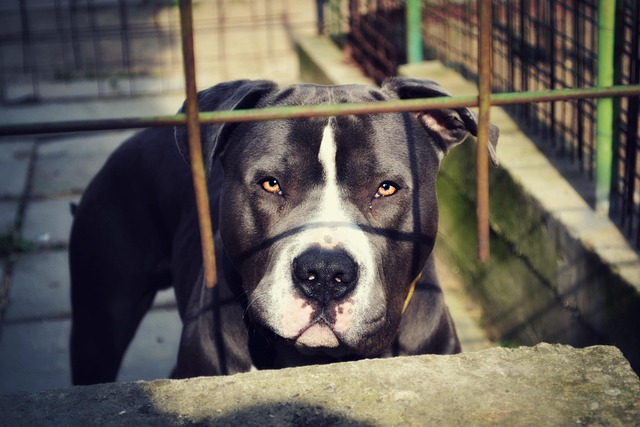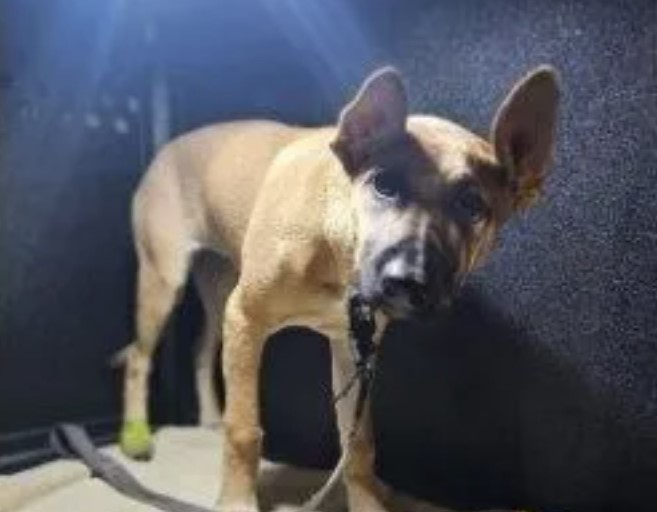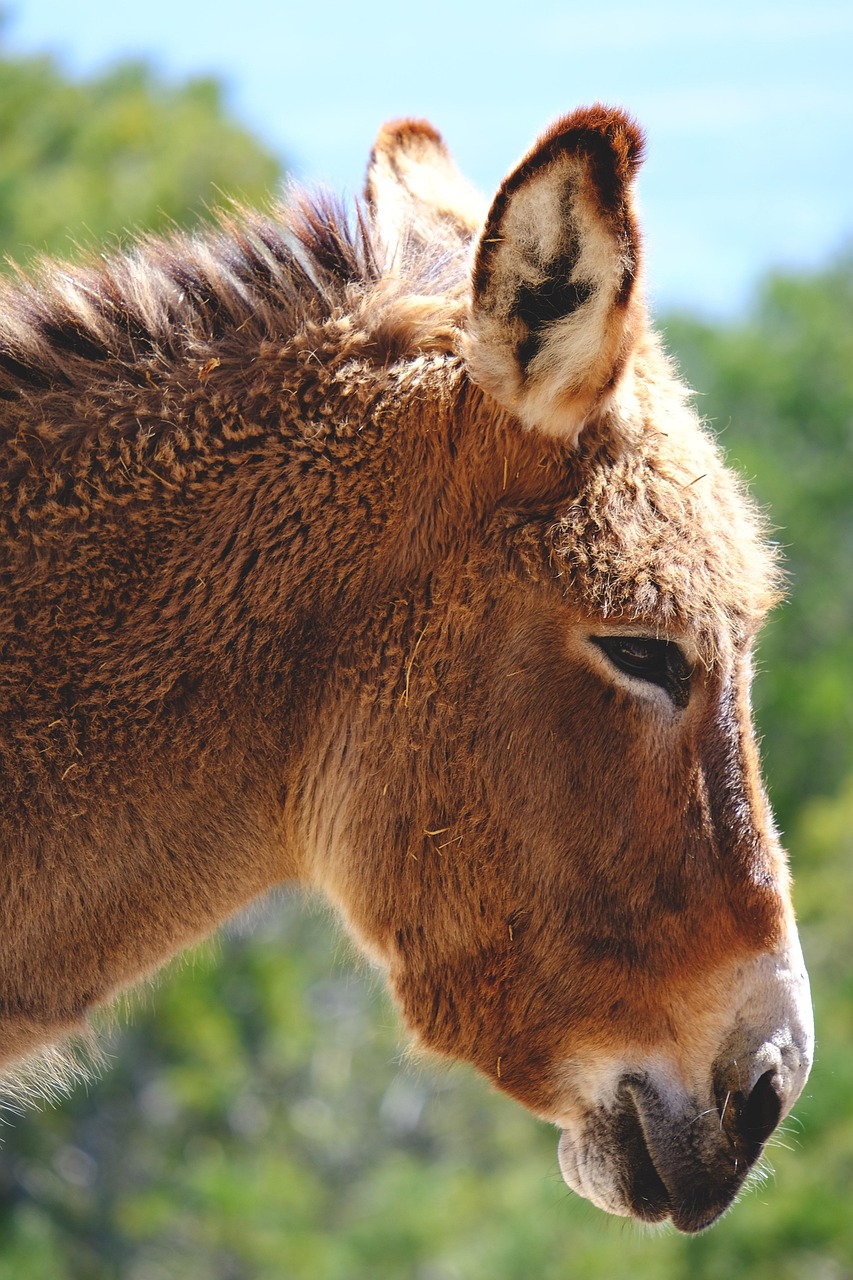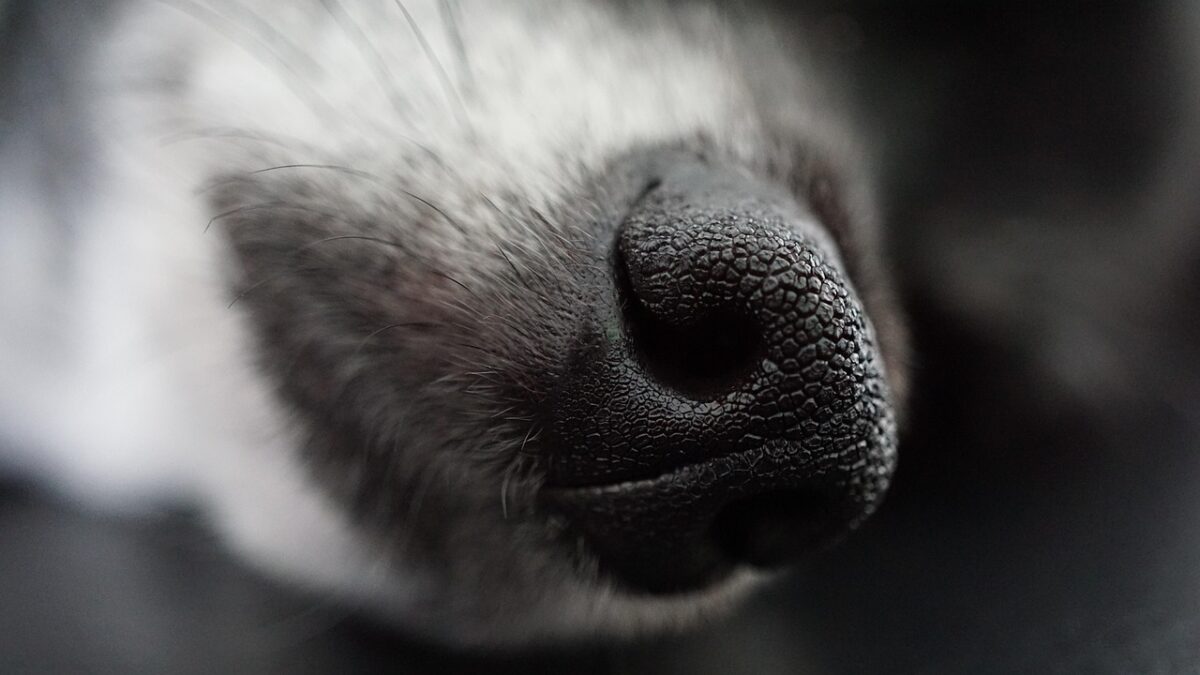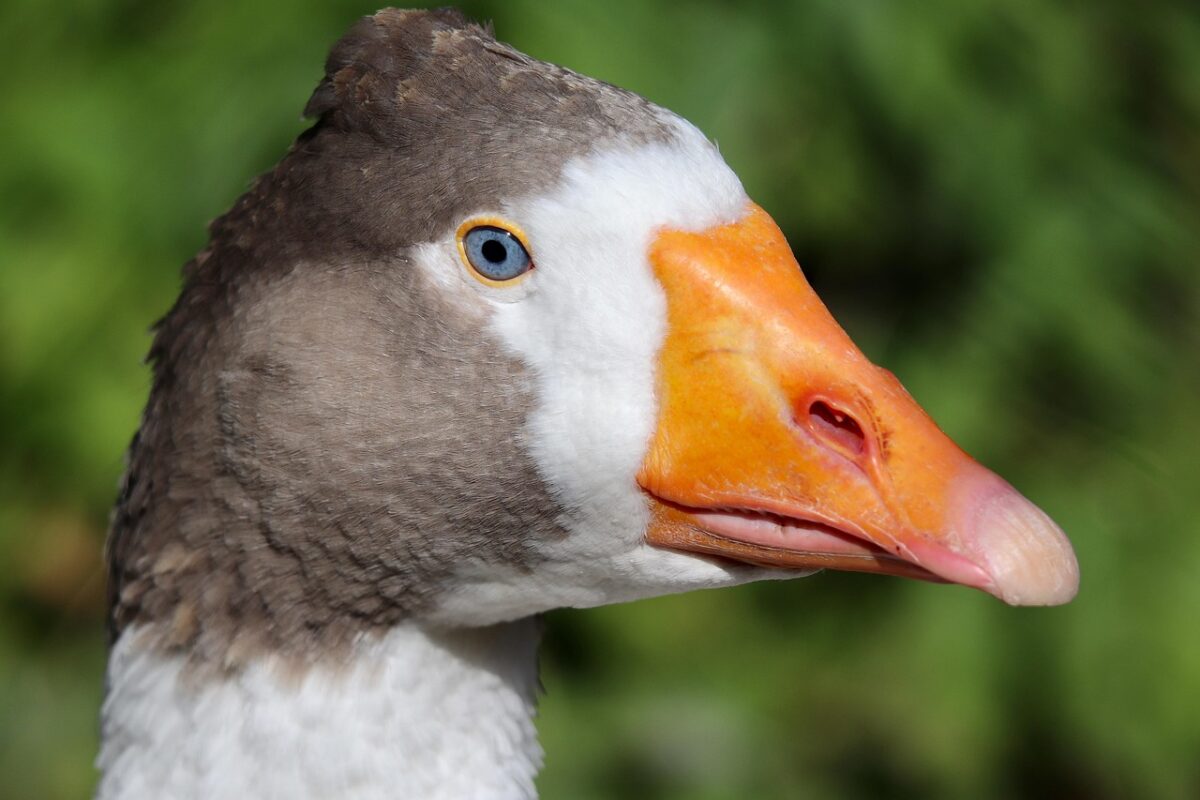In Mobile, Alabama, a shocking case of alleged animal abuse has emerged as city officials rescued 34 dogs from what they described as “horrific” living conditions. According to reports, the animals were found after a complaint was lodged concerning a residence in the Trinity Gardens area, leading animal services to uncover an apparent backyard breeding operation.
Director of Animal Services Robert Bryant outlined the disturbing findings during a press briefing, stating, “On face value, it looked like a very, very large breeding operation.” Many of the dogs were apparently discovered in whelping pens—enclosed spaces typically designated for caring for puppies—as well as tethered throughout the property. The conditions reportedly violated multiple ordinances outlined in the city’s code.
Apparently, four of the 34 dogs required immediate veterinary attention due to the severe state of neglect, while the remaining animals are predominantly terrier mixes, each with tragic stories of their own. Eyewitness accounts from shelter workers suggest that the emotional trauma experienced by the rescued dogs could be significant, with many of them reportedly displaying distressing behaviors not uncommon in abused animals.
As of now, there are no individuals in custody in connection with this case, but authorities have indicated that charges against those responsible could be forthcoming by the end of the week. The investigation remains active, and local officials are urging the community to assist, as the animal shelter is currently over capacity, caring for a total of 160 animals.
Bryant emphasized the shelter’s commitment to both the animals and the community, noting that their mission is not only to rescue but also to rehabilitate and educate potential pet owners to prevent future incidents of neglect. “We don’t jump to impounding animals or taking animals away from people,” he remarked, underlining the shelter’s approach to enhancing animal welfare.
In light of these events, the City of Mobile Animal Shelter is making a heartfelt appeal for adoptions and foster applications to alleviate the strain on resources. The shelter is hopeful that, with community support, it can provide these dogs with the necessary care and love they deserve while finding them permanent, safe homes.
The described conditions have sparked outrage among animal rights advocates and concerned citizens alike, many of whom have called for immediate action to prevent similar rescues needed in the future. “It’s heartbreaking to see how some animals are treated, and this is a wake-up call for our community,” one local resident stated.
As the story unfolds, officials are likely to provide more updates on the condition of the dogs receiving veterinary care and any developments in the investigation. The plight of these animals serves as a critical reminder of the need for awareness and action against animal cruelty within communities everywhere.

